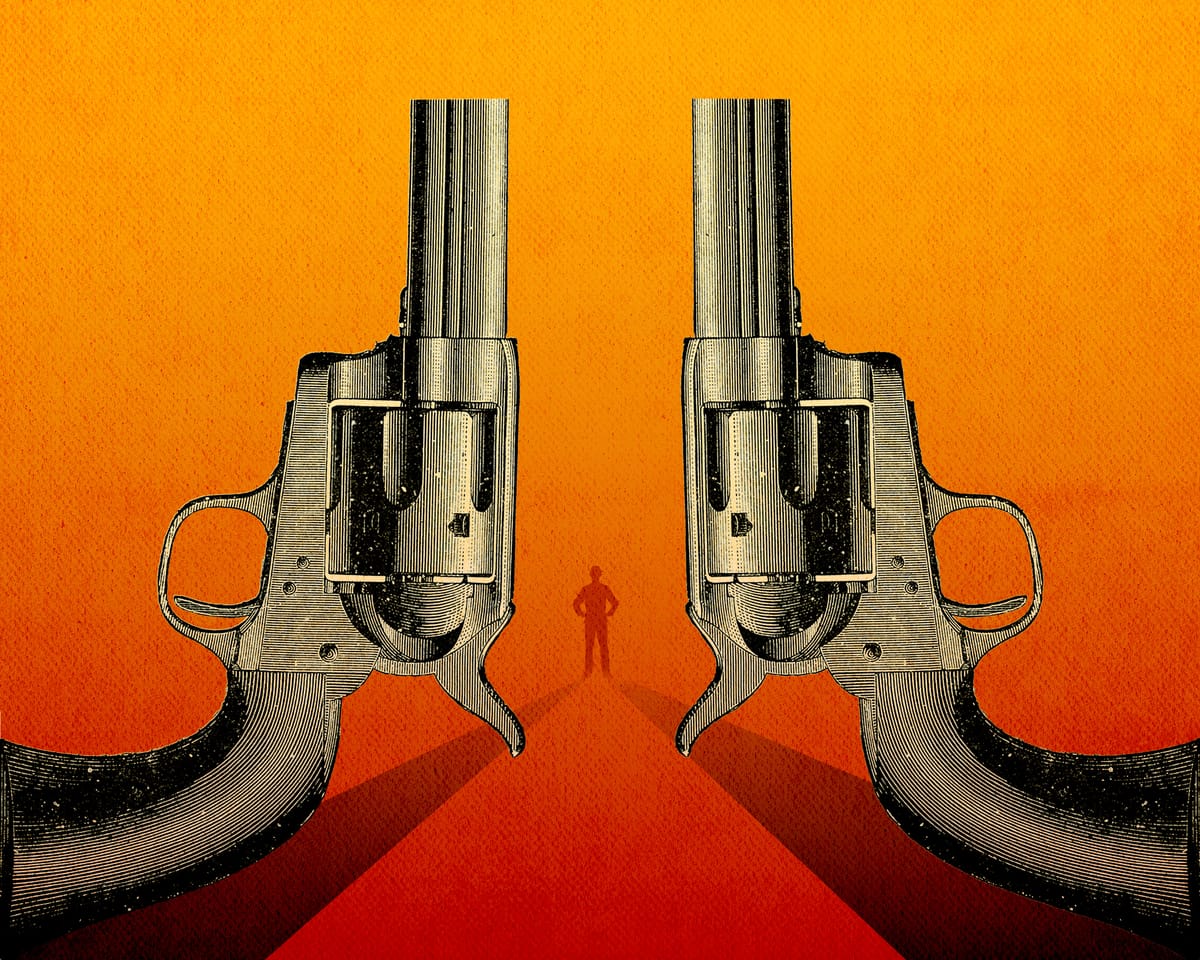Porepunkah Suspect Details Licence Cancellations in Court Hearing
In 2024, the alleged Porepunkah gunman, Dezi Freeman, told the Victorian supreme court that his firearm licence had been revoked.
“My firearms licences were cancelled, and I lost my club membership,” Freeman stated in a submission. During the hearing, he attempted to contest the withdrawal of his driver’s licence.
Freeman, who identifies as a photographer and a “homeless disability pensioner,” was barred from driving for two years after refusing a drug test and using a phone while behind the wheel.
He described the severe difficulties he and his family faced due to losing his driver’s licence and claimed there had been “years of homelessness and constant police harassment.”
“The stress, hardship, injustice, misery, and poverty worsened by not being able to drive affect us all,” Freeman wrote. His request for a judicial review was denied.
Freeman has had multiple encounters with law enforcement and has previously expressed unconventional legal theories that reject state authority.
Authorities confirmed on Friday that Freeman’s firearm licence had not been reinstated when he allegedly shot two officers and wounded another at his rural property earlier in the week.
Unorthodox Views Linked to Licence Revocations
CuriosityNews has learned that unusual legal arguments have played a role in firearm disputes nationwide, with police sometimes citing such beliefs as reason to revoke licences and confiscate weapons.
While Freeman’s opposition to authority appears severe, law enforcement has expressed concerns for years about individuals using fringe legal claims.
In one case, a Queensland man lost his firearm licence after police received communications suggesting he held anti-establishment views, including the belief that Queensland’s laws did not apply to him.
The man had tried to detain an officer and submitted extensive documents challenging his licence cancellation, including assertions that birth certificates were used to “fraudulently turn a child into property of the Reserve Bank.”
In another instance, a woman pulled over for speeding used phrasing in a letter to police that, according to court records, “suggested she adhered to unorthodox legal ideologies.”
“She argued that Queensland police had no right to fine her for speeding and that the name on the ticket belonged to her ‘strawman’ identity, not her actual self.”
The “strawman” concept refers to a belief among some individuals that a legal identity is created when their name appears in capital letters on official documents, which they claim is distinct from their true self. This reasoning is sometimes used to dismiss governmental authority.
Police subsequently revoked her firearm licence.

australia-news

